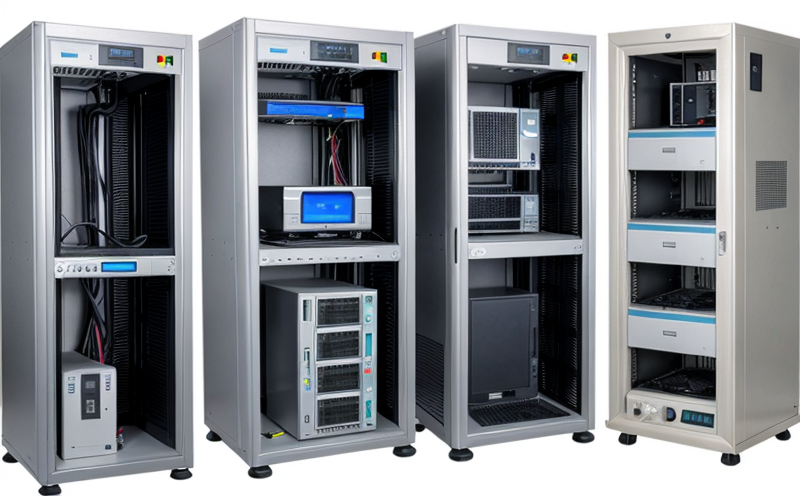IEEE 802 11 Wi Fi Performance Testing for Telecom Equipment
The IEEE 802.11 standard specifies a family of wireless network communication protocols known as Wi-Fi, widely used in telecommunications equipment. This service ensures that the performance and reliability of Wi-Fi devices comply with industry standards to meet market demands and regulatory requirements.
Our testing adheres strictly to IEEE 802.11 specifications, focusing on key metrics like throughput, latency, signal strength, and range. These parameters are critical for telecom equipment as they ensure seamless connectivity across various environments including urban and rural areas with varying infrastructure support.
Testing begins with a thorough understanding of the customer’s requirements, which include specifying the frequency bands (2.4 GHz or 5 GHz), modulation techniques (DSSS, OFDM, etc.), and any specific compliance standards such as FCC, CE, or IC. This ensures that all tests are conducted under controlled conditions that mimic real-world scenarios.
Our laboratory uses state-of-the-art equipment like spectrum analyzers, network analyzers, and signal generators to simulate various environments for testing Wi-Fi performance. Specimen preparation involves setting up test networks in both static and dynamic configurations to assess how devices perform under different conditions.
The test results are meticulously documented using our proprietary software which aligns with industry standards such as IEEE 802.11 and ISO/IEC standards, ensuring that the data is reliable and repeatable. Reporting includes detailed graphs and tables illustrating performance metrics over time and under various conditions to provide comprehensive insights.
Understanding the broader context of telecom equipment, our tests are designed not only for compliance but also to enhance product quality. In a rapidly evolving market, it’s crucial that telecom devices perform reliably across different networks and environments. By adhering strictly to IEEE 802.11 standards, we ensure that your products meet these challenges head-on.
Scope and Methodology
| Test Parameters | Description | Methodology |
|---|---|---|
| Throughput | Data transfer rate in Mbps under various conditions. | Use of network analyzers and real-world data traffic simulation. |
| Latency | Delay between sending and receiving data packets. | Measurement using high-resolution timestamps and packet capture tools. |
| Signal Strength | Strength of Wi-Fi signals in dBm. | Spectrum analysis with real-time monitoring across different locations. |
| Range | Distance over which devices can communicate effectively. | Placement of test stations at various distances and recording results. |
| Interference Resistance | Ability to maintain performance in the presence of other wireless signals. | Simulating concurrent Wi-Fi networks to measure impact on performance. |
| Compliance with Standards | Ensuring adherence to IEEE 802.11 specifications and relevant regulations. | Continuous monitoring during testing to ensure compliance criteria are met. |
Eurolab Advantages
At Eurolab, our commitment to excellence in testing and quality assurance is unmatched. We offer unrivaled expertise in the field of telecom equipment with a team of highly skilled engineers who are up-to-date with the latest developments in technology.
- Certified Professionals: Our staff holds certifications from leading institutions ensuring they have the necessary knowledge to perform these tests accurately and efficiently.
- State-of-the-Art Facilities: Equipped with cutting-edge equipment that allows us to conduct precise and reliable tests under a wide range of conditions.
- Comprehensive Reporting: Our detailed reports provide actionable insights into your product’s performance, helping you identify areas for improvement.
- Speedy Turnaround Time: We understand the importance of timely delivery and strive to deliver our services as quickly as possible without compromising on quality.
By choosing Eurolab for your IEEE 802.11 Wi-Fi performance testing needs, you can be assured of accurate results that will help you maintain a competitive edge in the market.
Why Choose This Test?
- Regulatory Compliance: Ensures adherence to IEEE 802.11 and other relevant standards, avoiding potential legal issues.
- Better Product Quality: Identifies performance gaps early in the development cycle, allowing for timely corrections.
- Increased Marketability: Demonstrates commitment to quality which can significantly enhance your brand reputation.
- Cost Efficiency: By catching issues during testing rather than post-launch, you save on potential returns and recalls.
- Competitive Advantage: Stay ahead of the curve by ensuring that your products perform optimally in all environments.
These benefits make IEEE 802.11 Wi-Fi performance testing an essential step in the development process for telecom equipment.





